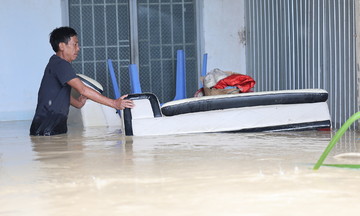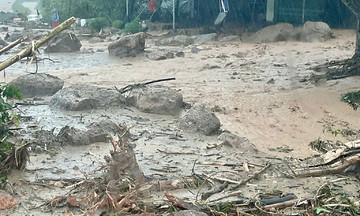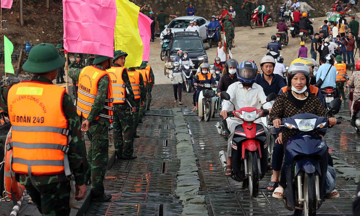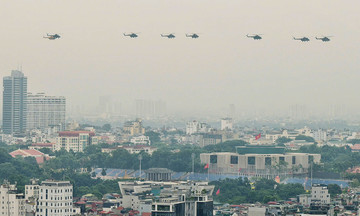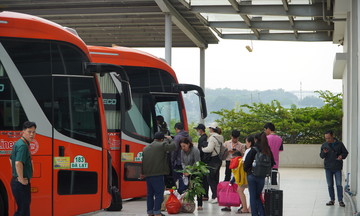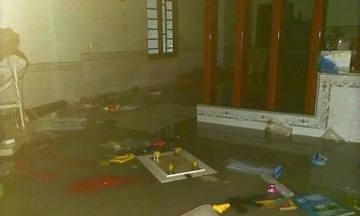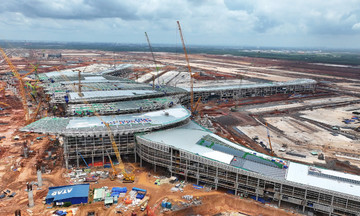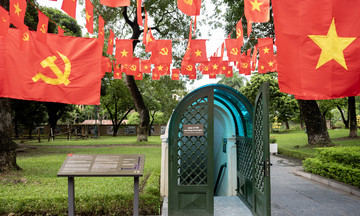According to the politburo's conclusion on 25/7, the secretariat assigned the government to instruct the ministry of finance to carry out the aforementioned task.
Previously, in May, the national assembly allowed provinces and cities to establish criteria suited to their local contexts for approving individuals eligible to buy or rent social housing. Social housing is subsidized by the state to provide affordable apartments for certain prioritized groups.
Accordingly, the people's committees of provinces will define detailed criteria for those who do not own a house, those who own a house far from their workplace, or those who have never benefited from social housing support policies. This aims to resolve the practical difficulties faced by many workers employed in urban areas or industrial parks who own houses in rural areas but are ineligible due to already possessing a house within the same province.
Currently, those eligible for social housing include: people with meritorious service to the revolution and relatives of martyrs; poor and near-poor households in rural areas; rural households affected by natural disasters; low-income, poor, and near-poor households in urban areas; and workers inside and outside industrial parks.
Officers, non-commissioned officers, professional soldiers, police officers, public employees, national defense officials, cryptographers; officials and public employees; those who have returned public housing; students; people whose houses are demolished due to land acquisition; and businesses, cooperatives, and cooperative unions in industrial parks are also eligible for social housing.
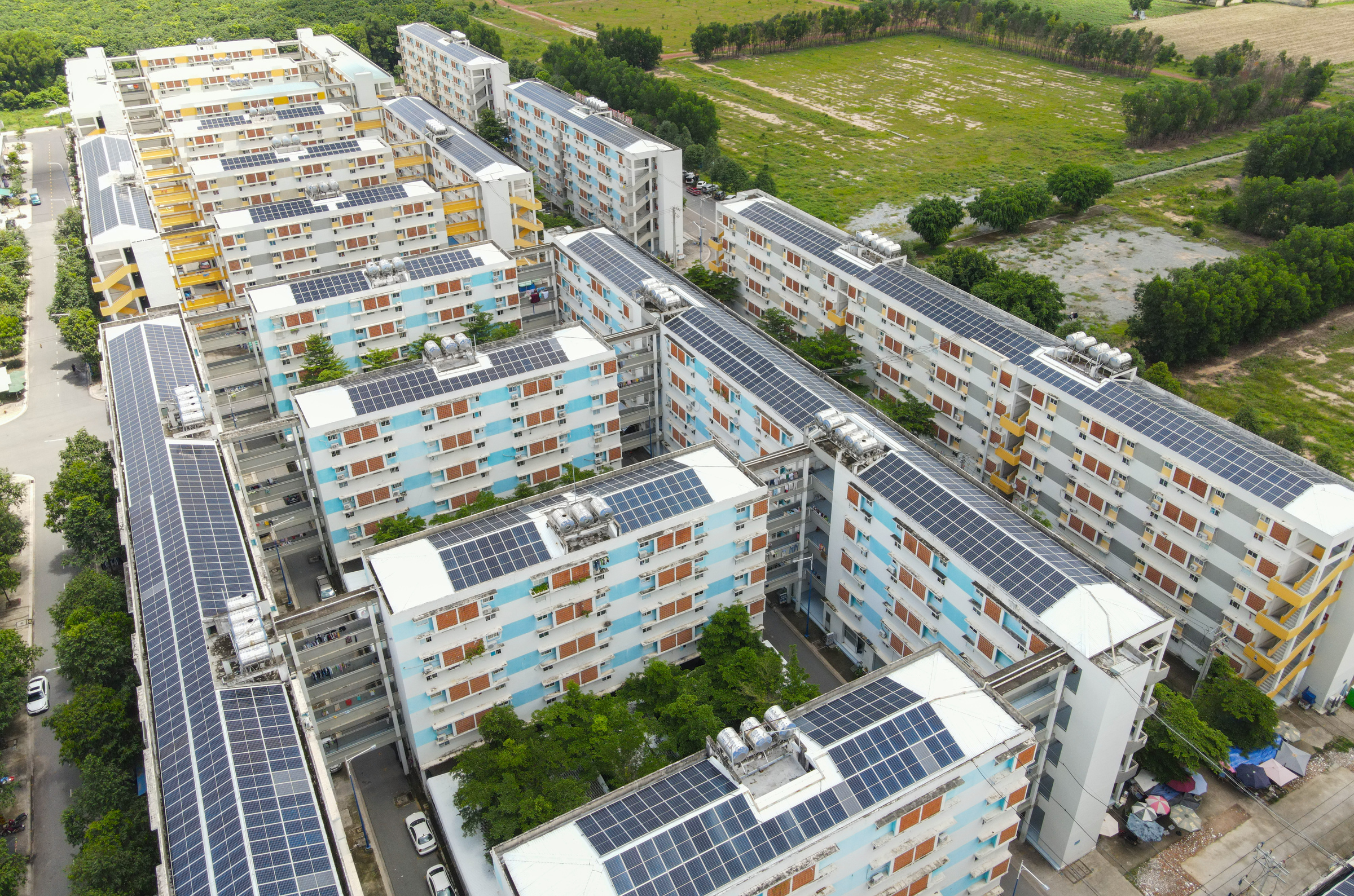 |
Dinh Hoa social housing complex, Dinh Hoa ward (former Thu Dau Mot city, Binh Duong), 7/2023. Photo: Quynh Tran |
Dinh Hoa social housing complex, Dinh Hoa ward (former Thu Dau Mot city, Binh Duong), 7/2023. Photo: Quynh Tran
In today's conclusion, the ministry of finance was also assigned to guide the use of funds and arrange office space; and to immediately issue guidelines on finance, accounting, and the process of allocating commune-level budgets. The ministry will soon assess and report on the handover and management of public assets and headquarters at all levels.
The ministry of home affairs and localities will review the workforce of officials and public employees working on ethnic and religious affairs, especially state management officials and those responsible for beliefs and religions. The goal is to ensure appropriate job placement, capacity, and expertise. Guidance on establishing public service units under commune-level people's committees, especially units providing basic and essential public services, needs to be issued soon.
The politburo and secretariat require full disclosure of administrative procedures to citizens and businesses, ensuring that difficulties, obstacles, and legal bottlenecks are fundamentally resolved in 2025.
Six ministries, including home affairs, finance, construction, industry and trade, health, and agriculture and rural development, will coordinate to adjust and complete procedures related to public services for construction permits; business licenses for alcohol, beer, and tobacco; medical and pharmaceutical practice licenses; and regimes and policies for people with meritorious services.
The ministry of construction and the ministry of agriculture and rural development will soon issue specific guidance on adjusting land use planning and post-arrangement planning. The two ministries will also re-evaluate the implementation of decentralization in the land sector from the provincial to the commune level, ensuring feasibility and taking into account resources as well as human resources.
The ministry of education and training will provide guidance on the management authority over teachers, management personnel, public employees, and laborers, as well as job positions, the structure of public employees by professional title, and the quota for the number of people working in educational institutions.
Vu Tuan



